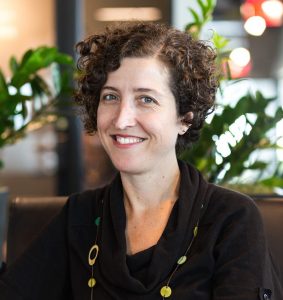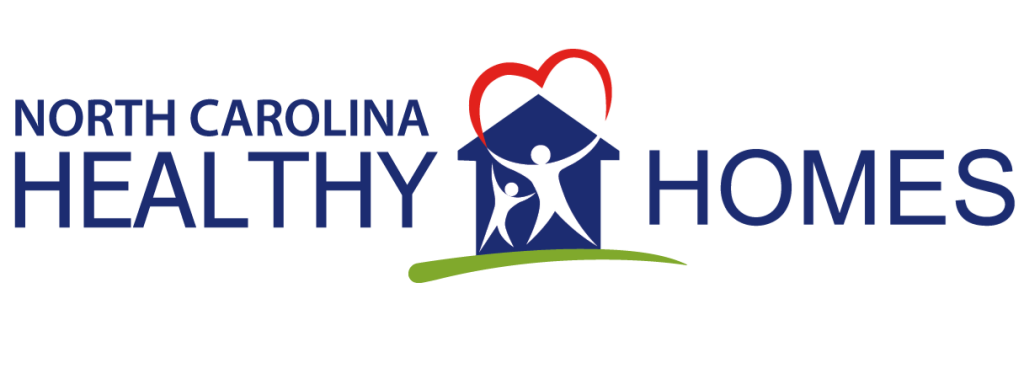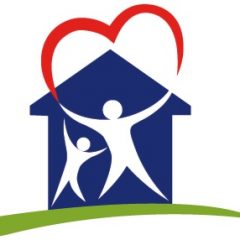 Fawn Pattison is a consultant to non-profit organizations and academic programs seeking to amplify their impact on environmental health issues. Currently, she is working closely with NC Child to address the policy obstacles to eliminating childhood lead exposure, and with the Duke Environmental Law and Policy Clinic. Fawn has a certificate in Public Health and a MA from UNC Chapel Hill, a certificate in Nonprofit Management from Duke University, and a BA from the University of Virginia. Her expertise includes organizational development and strategy, legislative and regulatory advocacy, nonprofit management, fundraising and community-based participatory research.
Fawn Pattison is a consultant to non-profit organizations and academic programs seeking to amplify their impact on environmental health issues. Currently, she is working closely with NC Child to address the policy obstacles to eliminating childhood lead exposure, and with the Duke Environmental Law and Policy Clinic. Fawn has a certificate in Public Health and a MA from UNC Chapel Hill, a certificate in Nonprofit Management from Duke University, and a BA from the University of Virginia. Her expertise includes organizational development and strategy, legislative and regulatory advocacy, nonprofit management, fundraising and community-based participatory research.
Before consulting, Fawn spent 15 years as the executive director for Toxic Free NC advocating for environmental health and justice. At this time, she began serving on the advisory board for UNC Chapel Hill’s Center for Environmental Health and Susceptibility (CEHS), which helped her to foster connections with healthy homes boards across the state. Through the CEHS network and the NC Healthy Homes Task Force, Fawn has allied with many local health departments and childhood lead poisoning prevention organizations. Fawn also serves on the Board of Directors of NC FIELD, a nonprofit organization led by farmworker youth in Kinston, NC.
She has never worked in a health department, but as a community organizer, she believes she is in a fortunate position to be able to advocate for policy changes. Fawn spends her time advising clients on program development and strategy while connecting them to practitioners and allies in the environmental health field. The most gratifying aspect of her work is helping an organization make changes in their strategy or programming to be more effective. Fawn enjoys seeing the outcomes of these changes, whether it be serving more people, raising more money for the organization, or helping them pass new legislation.
Due to constant changes in technology, Fawn acknowledges that every day creates a new challenge. She says, “Public programs that are designed to help people often lag behind changes in technology and science. We know what we need to do to improve health, but many of the institutions that are supposed to address these issues are vastly behind the curve when it comes to the technology needed to get the job done.” She admits that this constant adaptation can be a frustrating challenge, but these obstacles require advocacy, and she hopes that her expertise in the field can make a difference.

